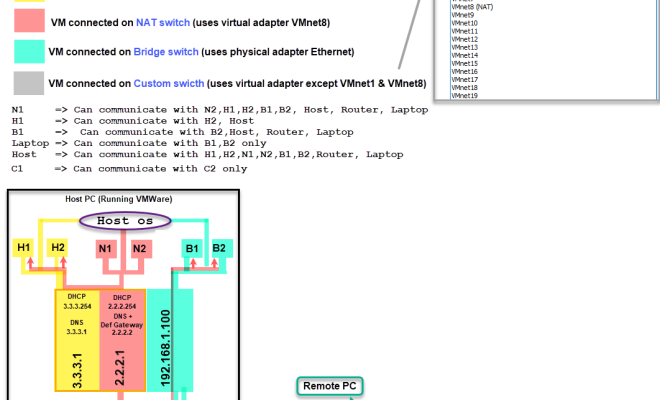What is Security Information Management (SIM)?

Security Information Management (SIM) is a crucial aspect of information security that helps organizations to monitor, manage, and analyze security-related data from various sources. SIM technologies are designed to collect security data, normalize and correlate it, and provide valuable insights to security teams and decision-makers.
SIM is a critical component of any comprehensive security strategy as it enables organizations to detect, investigate, and respond to security incidents and threats promptly. In today’s digital age, threats to security are becoming more sophisticated and persistent, and organizations need to leverage advanced security technologies to protect their assets and data.
SIM solutions provide a centralized platform to manage security logs and events from various sources, including network devices, servers, applications, and security systems. They provide real-time visibility into security events, enabling teams to quickly identify potential threats, investigate incidents, and take appropriate action.
The primary functions of a SIM system include log collection, normalization, analysis, and reporting. These functions are essential for identifying patterns of suspicious activities that indicate possible attacks or vulnerabilities that could be exploited by cybercriminals.
One of the key benefits of SIM is its ability to detect threats that may go unnoticed by other security tools. By aggregating and analyzing security data, SIM solutions can identify patterns that may indicate malicious activity, such as unauthorized access attempts, malware infections, or data theft.
Moreover, SIM solutions enable organizations to comply with security regulations and standards by providing centralized reporting and auditing capabilities. For example, a SIM system can generate reports that demonstrate compliance with various security standards, such as PCI DSS or HIPAA, which are mandatory for specific industries or geographies.






